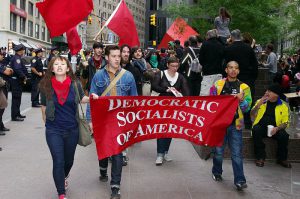


In the latest video from For the Life of the World, Christian philosopher Peter Kreeft expounds on the Economy of Wonderand how it intersects with our stewardship of God’s house.
Hipster head-bobbingispermitted:
There’s beauty everywhere. We just don’t see it…Life is a mystery to be lived continuously, not a problem to be solved suddenly…
In this life, we are so full and foolish that we appreciate only a few of these things, since we have more and more slaves that we have to take care of, and therefore we have less and less time every generation — less and less leisure. Our slaves are not made of flesh and blood anymore, thank God, but they’re made of steel and plastic puter chips. We are happiest when we play with endlessly fascinating simple things, like the sea or sticks and stones, instead of with puter games that bore us so quickly that we require new ones every month. This is an image of the human condition.
…Everything that exists has some truth, some goodness, and some beauty. Everything is divine revelation. We are creators because we are created in the image of the Creator. We are artists because God is, and it’s because we dimly know this that we weep with both joy and sorrow when we meet someone pulls up the curtain an inch — the curtain that separates the heavenly vision from the earthly.
…How do we use this to save the world? How do you appreciate beauty? You just love it. How do you appreciate goodness? You just love it. How do you find the truth? You love it. Seek and you shall find. Truth, goodness, and beauty. You just do it. It’s like, “How do you love? How do you pray? How do you live?” Just do it.
For more on the Economy of Wonder, purchase For the Life of the World: Letters to the Exiles, register for Acton University by the end of January and receive a free copy. For routine updates, see the FLOW blog and Oikonomia blog, and follow each on Facebook (here and here).









